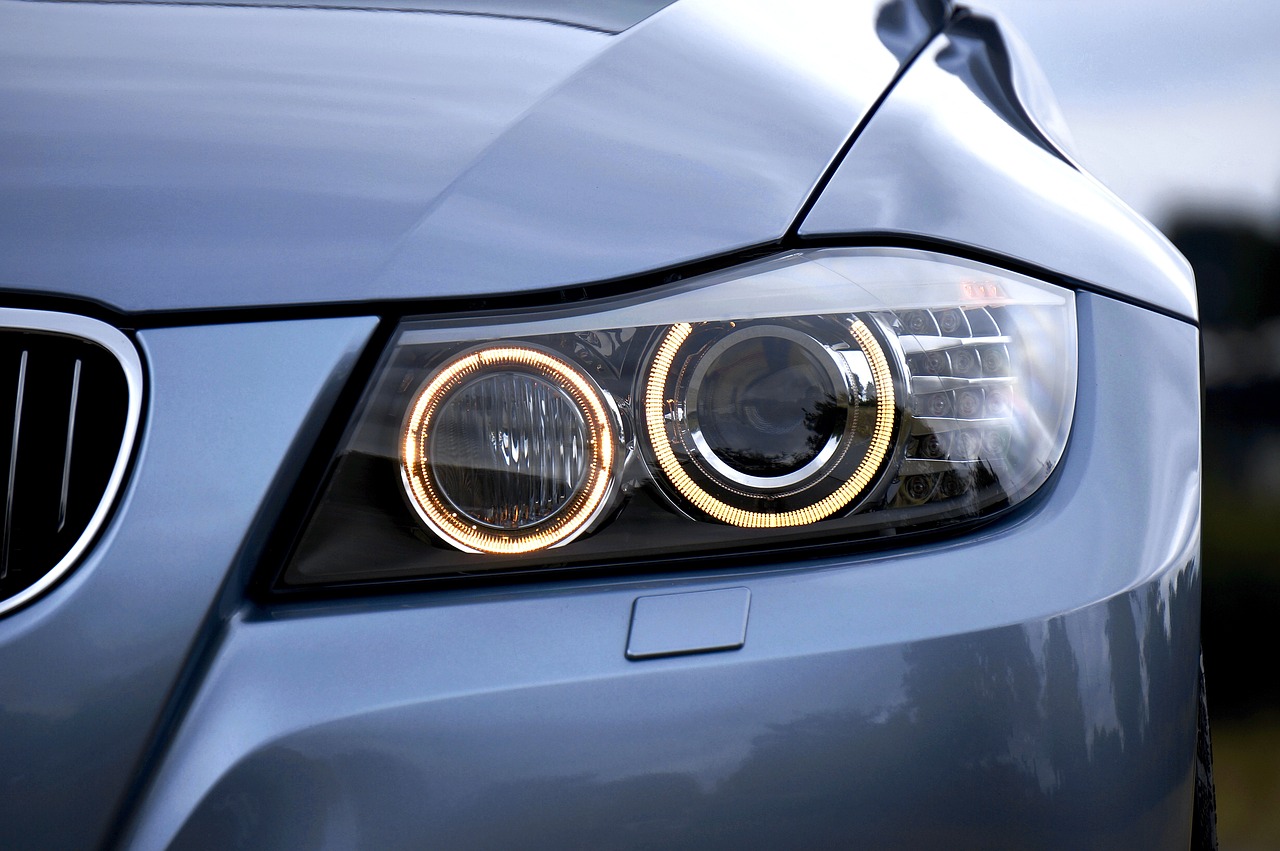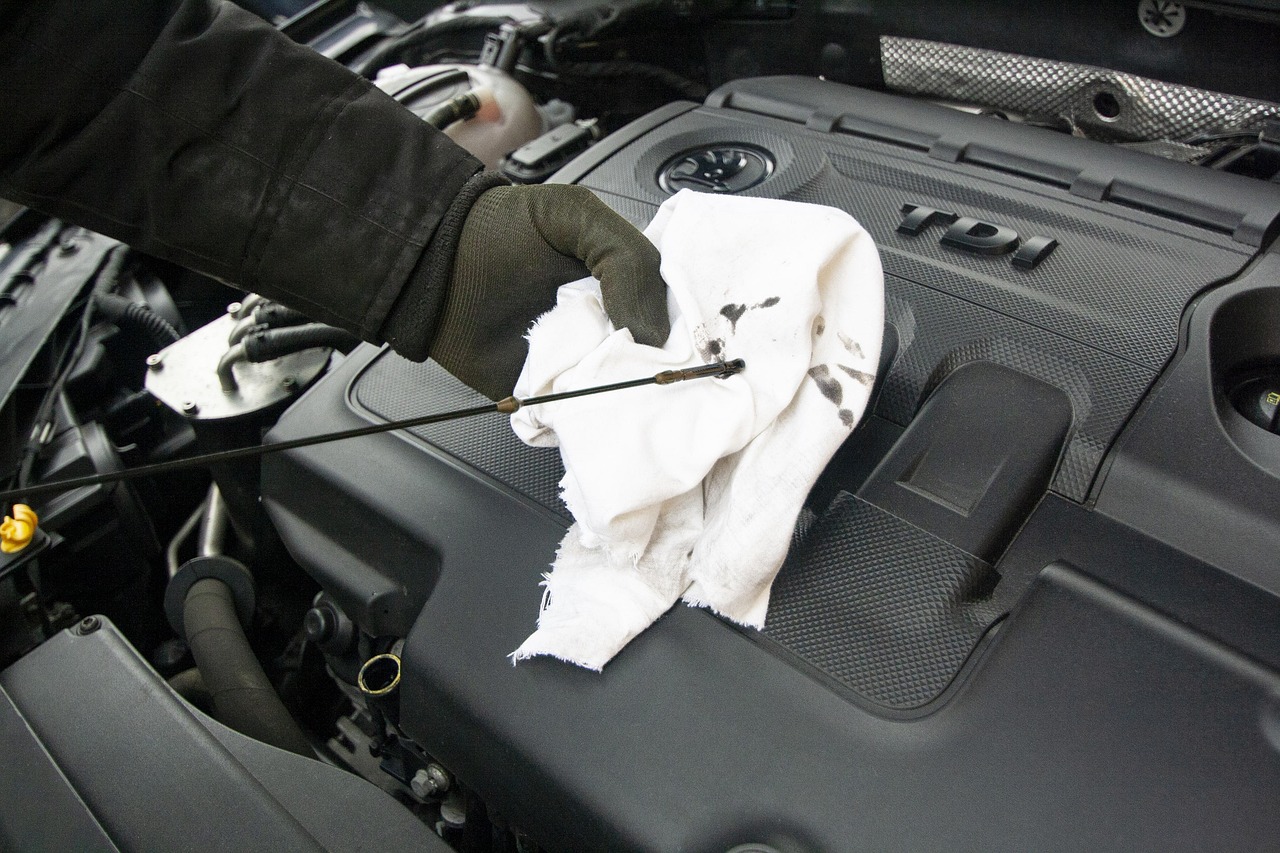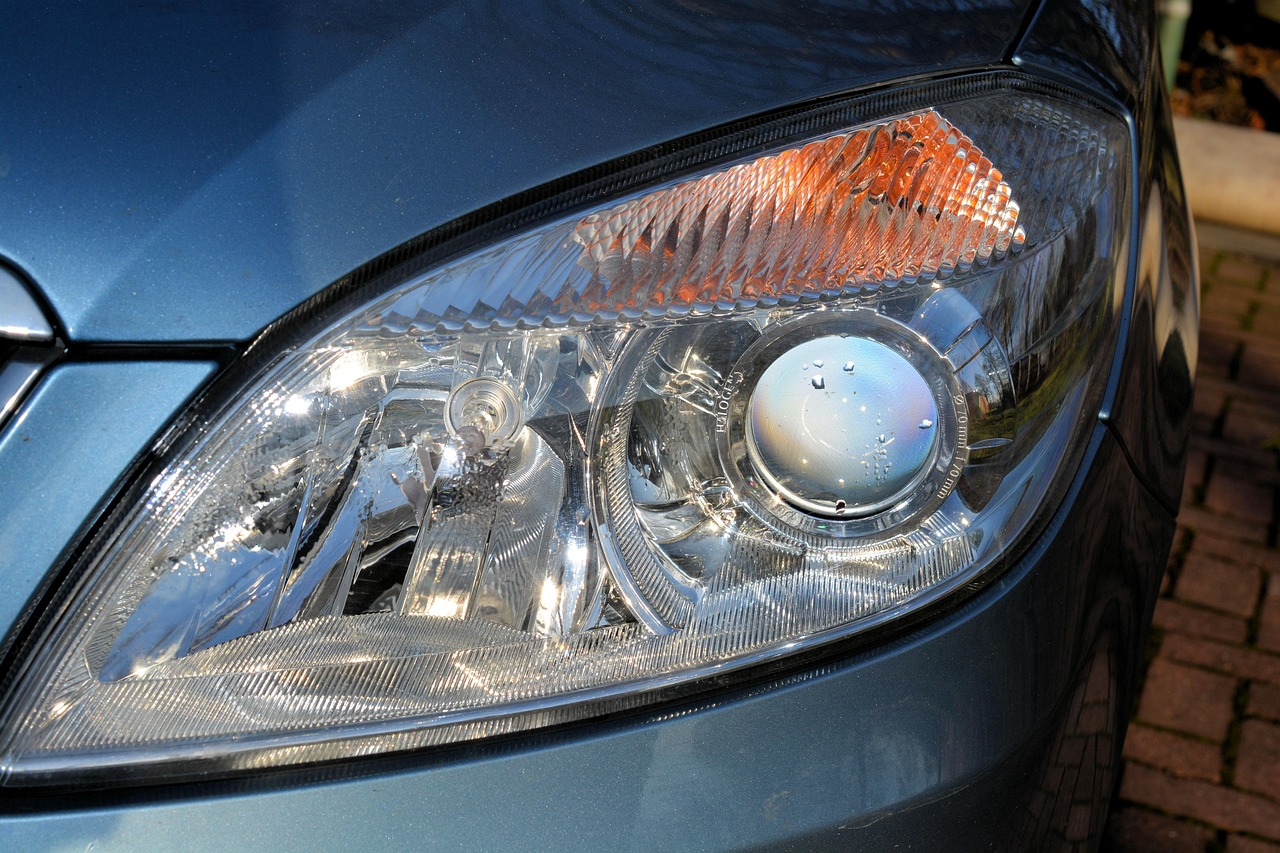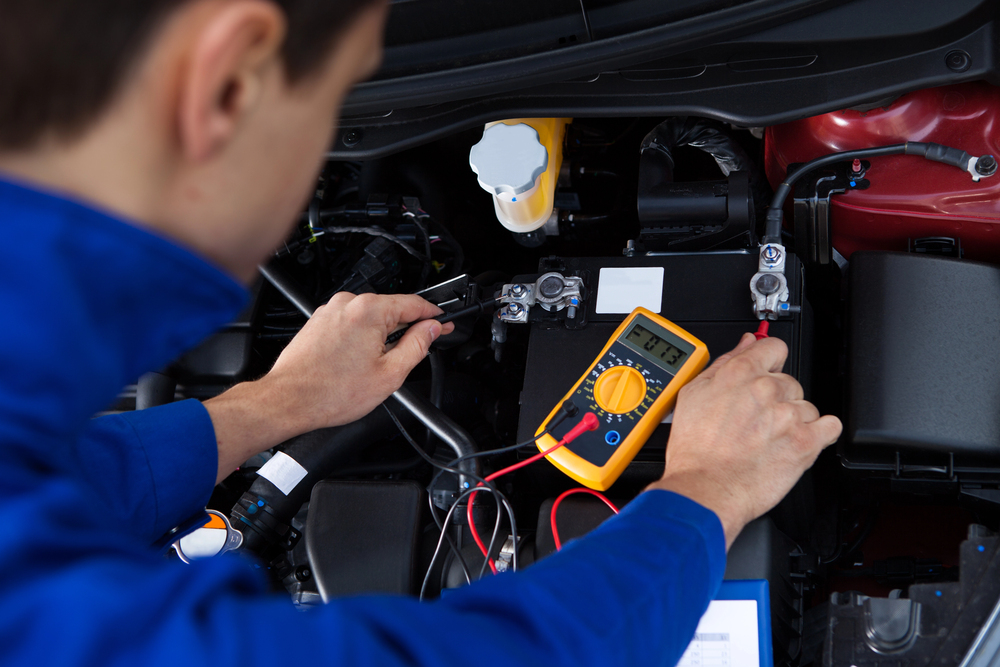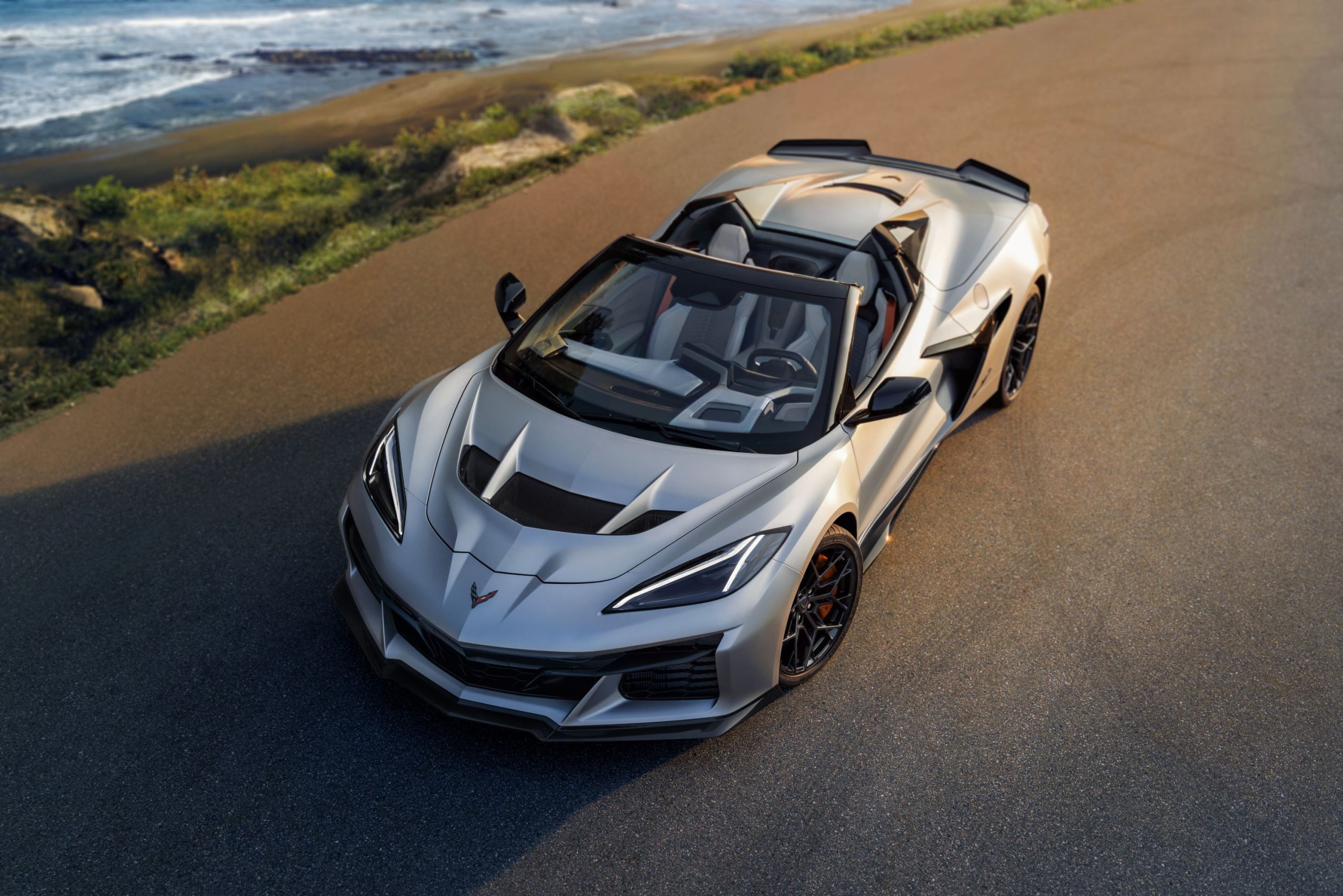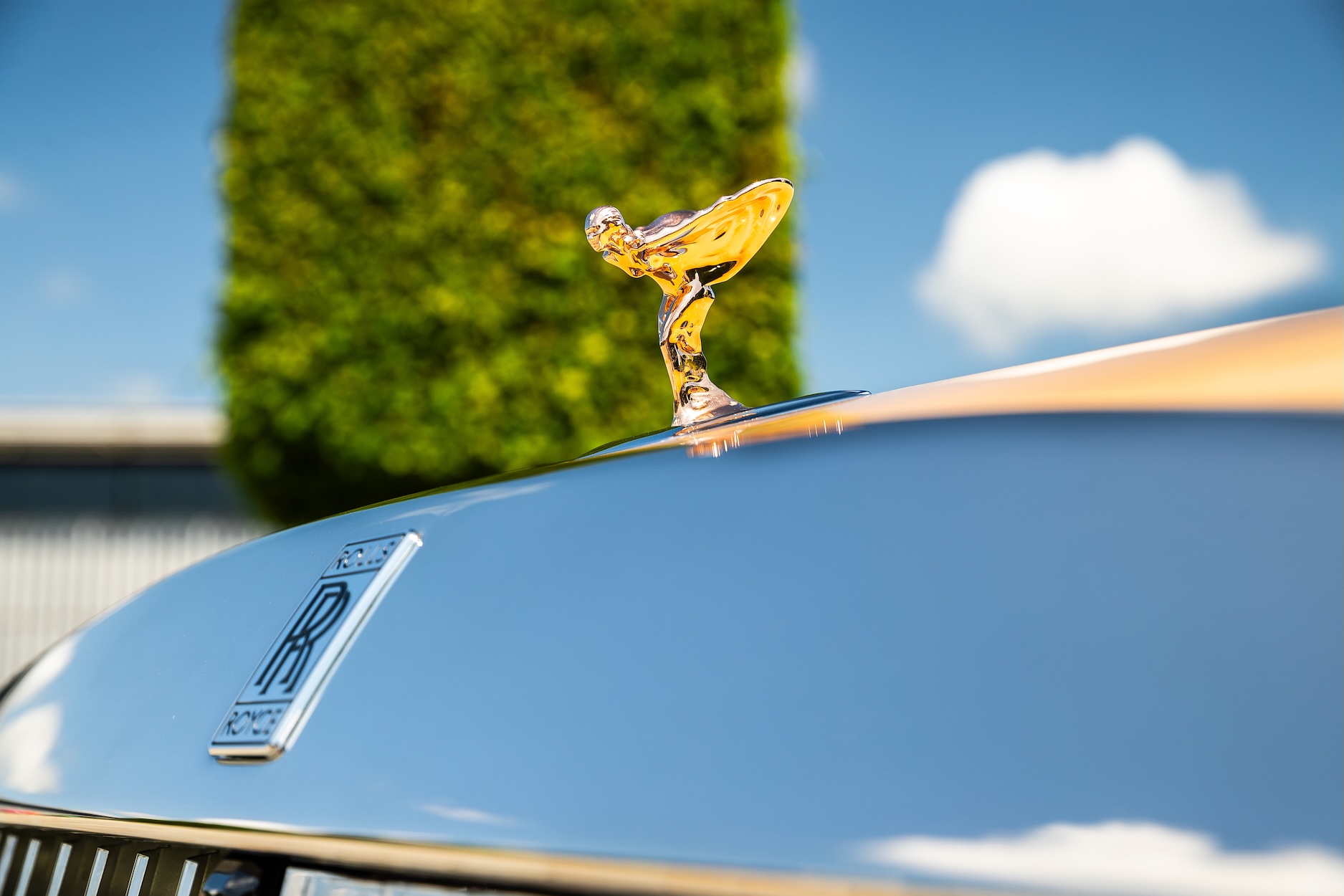New Budget Bill Weakens Fuel Rules, But Change Will Be Slow
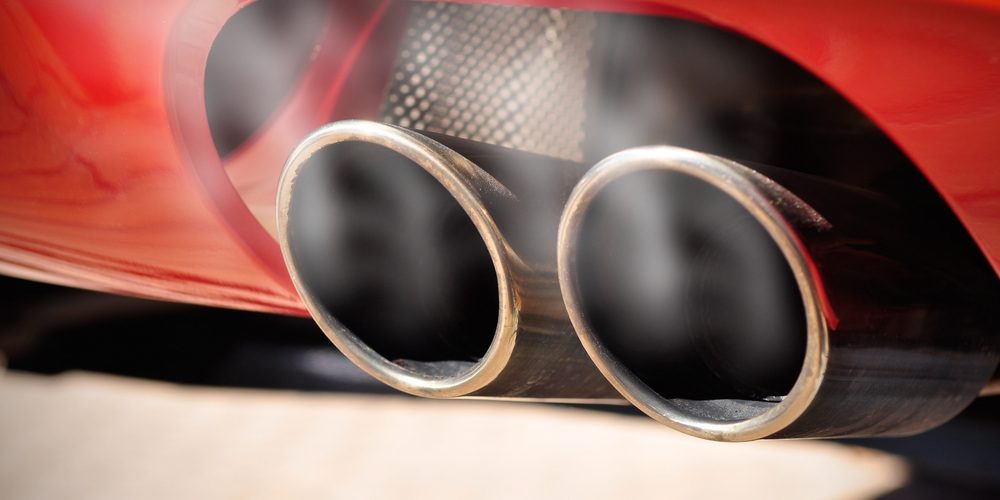
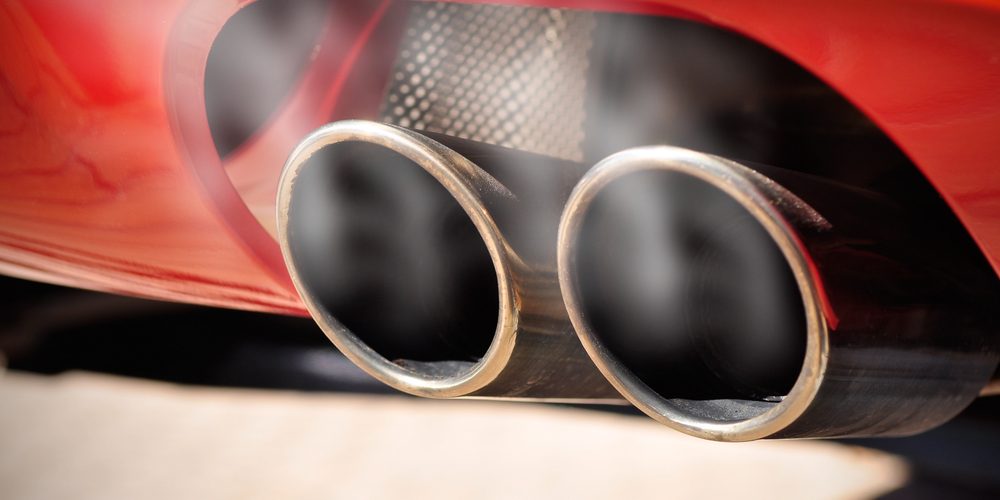
- CAFE penalties dropped, hurting Tesla and helping legacy automakers
- Powertrain shifts unlikely in short term due to long product timelines
- Global regulations and consumer demand still push for efficiency
With the latest US government budget bill removing penalties for automakers failing to meet Corporate Average Fuel Economy (CAFE) standards, the future of the American auto industry has been thrown into uncertainty. The change effectively halts enforcement of environmental regulations that have long driven manufacturers to develop more efficient powertrains.
One major consequence is the disruption of the credit system that rewards clean vehicle production. Automakers like Tesla, which exclusively sell zero-emission vehicles, have profited by selling excess credits to manufacturers with less efficient fleets. Tesla reportedly earned over $500 million this quarter from such sales. That stream could now dry up.
Despite these developments, don’t expect an immediate flood of gas-guzzling vehicles, as most cars hitting the market in the next few years were developed under stricter environmental policies. Even if manufacturers now have more freedom, altering powertrain strategies midstream would be costly and risky.
Still, some legacy trends may gain new life. The Ram 1500 recently brought back its Hemi V8 engine, and many believe Dodge will reintroduce it in the next Charger. Mercedes-Benz has also announced a pivot away from high-performance hybrid four-cylinders in favour of larger engines, saying customers prefer the performance and character of traditional V8s.
On the flip side, manufacturers like Honda, Toyota, and Nissan have slowed or delayed electric vehicle launches as demand growth has stalled. However, few automakers are expected to start designing all-new V8s right now. Most will likely wait for the outcome of the next US presidential election before committing to long-term changes.
Importantly, the US auto industry doesn’t operate in isolation. Global pressure to reduce emissions remains strong. Many companies, particularly those with international sales footprints, are unlikely to abandon fuel efficiency and alternative powertrains. Ford, GM, and Mercedes have the flexibility to adjust quickly, but smaller players like Mazda and Mitsubishi may stick with their current roadmaps.
In the end, US automakers may extend the life of larger V6, I6, and V8 engines in response to relaxed domestic rules, but development of hybrids and EVs will continue in parallel. Consumer demand for fuel savings, both at the pump and the plug, remains a key driver — and automakers know that momentum is still a powerful force.

